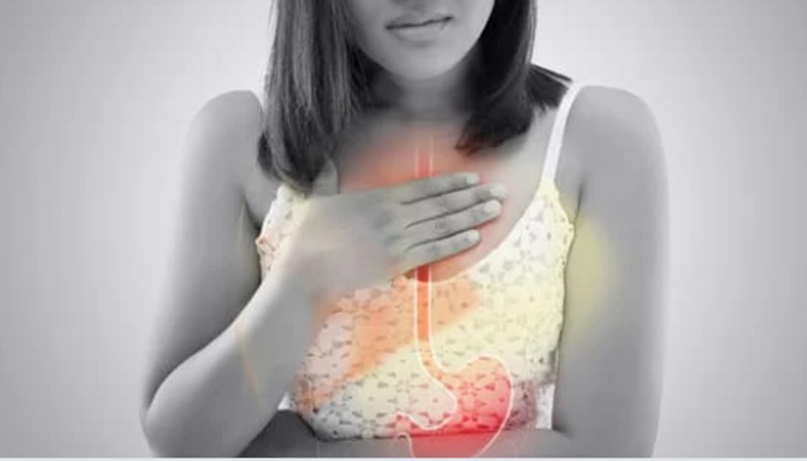People often use the terms heartburn, acid reflux, and GERD interchangeably. However, these conditions differ in causes, symptoms, and treatments. This article will concern the differences between these gastrointestinal conditions and learn more about GERD reflux.
Heartburn: The Unpleasant Sensation
Heartburn is a standard symptom of acid reflux and GERD. It is indicated by a burning sensation in the chest, just behind the breastbone. This uncomfortable feeling usually occurs after eating and can last for a few minutes to several hours. Heartburn happens when stomach acid flows back into the tube that joins the throat and stomach (esophagus). Despite its name, heartburn has nothing to do with the heart; however, the pain can be mistaken for heart-related issues.
Acid Reflux: When Stomach Acid Goes Awry
Acid reflux happens when the lower esophageal sphincter (LES), the muscle responsible for keeping stomach contents from flowing back into the esophagus, weakens or relaxes abnormally. When this occurs, stomach acid can flow back into the esophagus, causing irritation and potentially leading to heartburn. Acid reflux can occur occasionally or frequently but does not necessarily indicate a more severe condition like GERD.
GERD: The Chronic Gastrointestinal Condition
Gastroesophageal reflux disease (GERD) is a chronic, more extreme form of acid reflux. GERD is diagnosed if acid reflux occurs more than twice a week or causes damage to the lining of the esophagus. This constant irritation can lead to inflammation, narrowing, or ulceration of the esophagus. Common symptoms of GERD include heartburn, regurgitation, difficulty swallowing, chest pain, and chronic cough. If you are experiencing these symptoms, it is essential to consult an experienced healthcare professional for GERD reflux in Baltimore who can accurately diagnose and treat your condition. With the proper treatment, GERD can be managed effectively.
Treatment and Management
Treatment for heartburn, acid reflux, and GERD often starts with lifestyle modifications, such as eating smaller meals, not lying down soon after eating, reducing fatty or spicy foods, and avoiding trigger foods. In addition, over-the-counter antacids, H2 blockers, or proton pump inhibitors can help relieve symptoms.
If lifestyle modifications and medications do not alleviate symptoms, doctors may recommend more advanced treatment options. For GERD patients, surgical procedures such as laparoscopic reflux/hiatal hernia repair may be necessary.
In some cases, it’s essential to consider whether health factors like obesity may be contributing to GERD symptoms. Individuals looking for weight loss solutions can explore the option of bariatric surgery in Baltimore as a long-term treatment to alleviate GERD and improve overall health.
In conclusion, while heartburn, acid reflux, and GERD are often used interchangeably, they are distinct conditions requiring different management and treatment approaches. Understanding the differences between these gastrointestinal issues can help individuals make knowledgeable decisions about their health.

